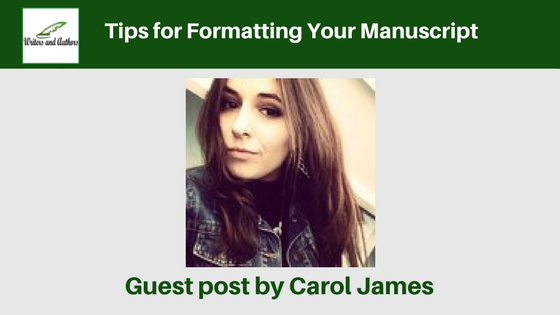One of the most frequently encountered problems
when studying is writing an essay. If the study of exact sciences and the
solution of problems requires a clear following of the algorithm and the
knowledge of the formula, then everything is much more complicated with essay
writing. It is a flight of fantasy, a play on
words and meanings. Many students immediately say that they have no
imagination, but even they will manage to write a beautiful composition,
following certain tips. However, do not forget that writing college papers is a laborious task, and
it is for this reason that some of them are available for sale. Regardless of the origin of your work, an
additional check will not be superfluous.
Check Your Structure
I'm an academic writer at
EssayLab is a great service that provides write proficient school essay help
for people of all school star. Our objective is to simpleness your high school
studies and gives everyone a possibility to flourishing without having excess
strain.
advice for writers
Carol James
essay writing
sponsored post
Tips for Formatting Your Manuscript
writers
writing
writing advice
writing tips












0 Comments
I love to hear from you. So feel free to comment, but keep in mind the basics of blog etiquette — no spam, no profanity, no slander, etc.
Thanks for being an active part of the Writers and Authors community.